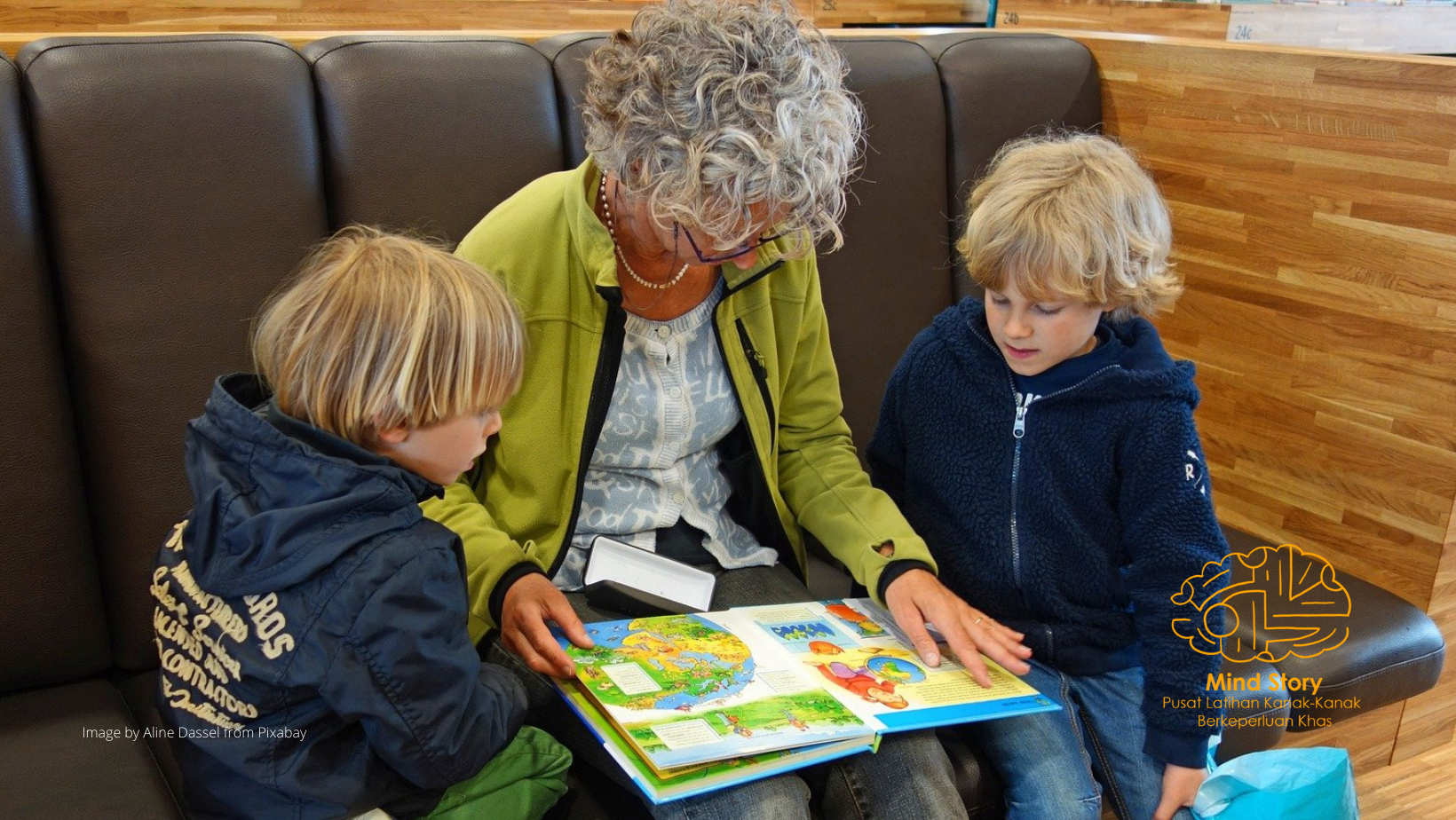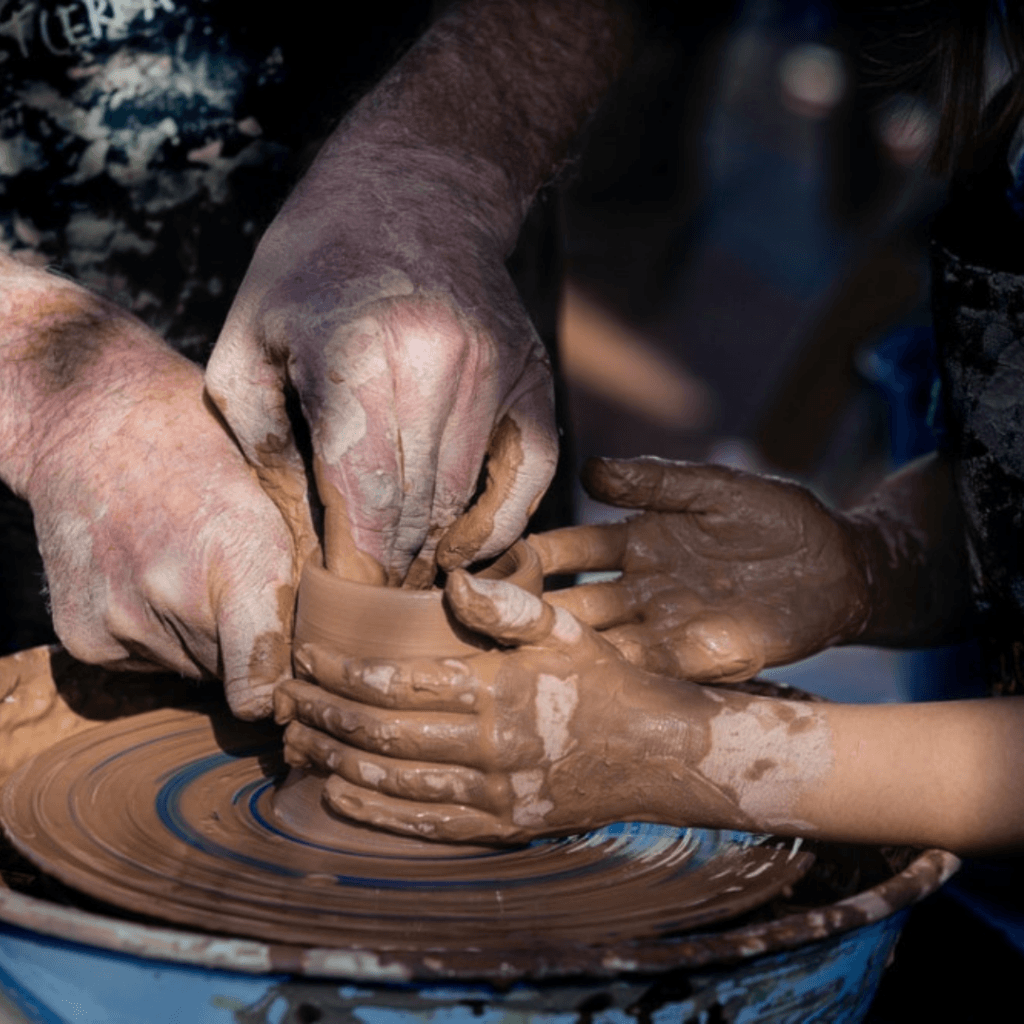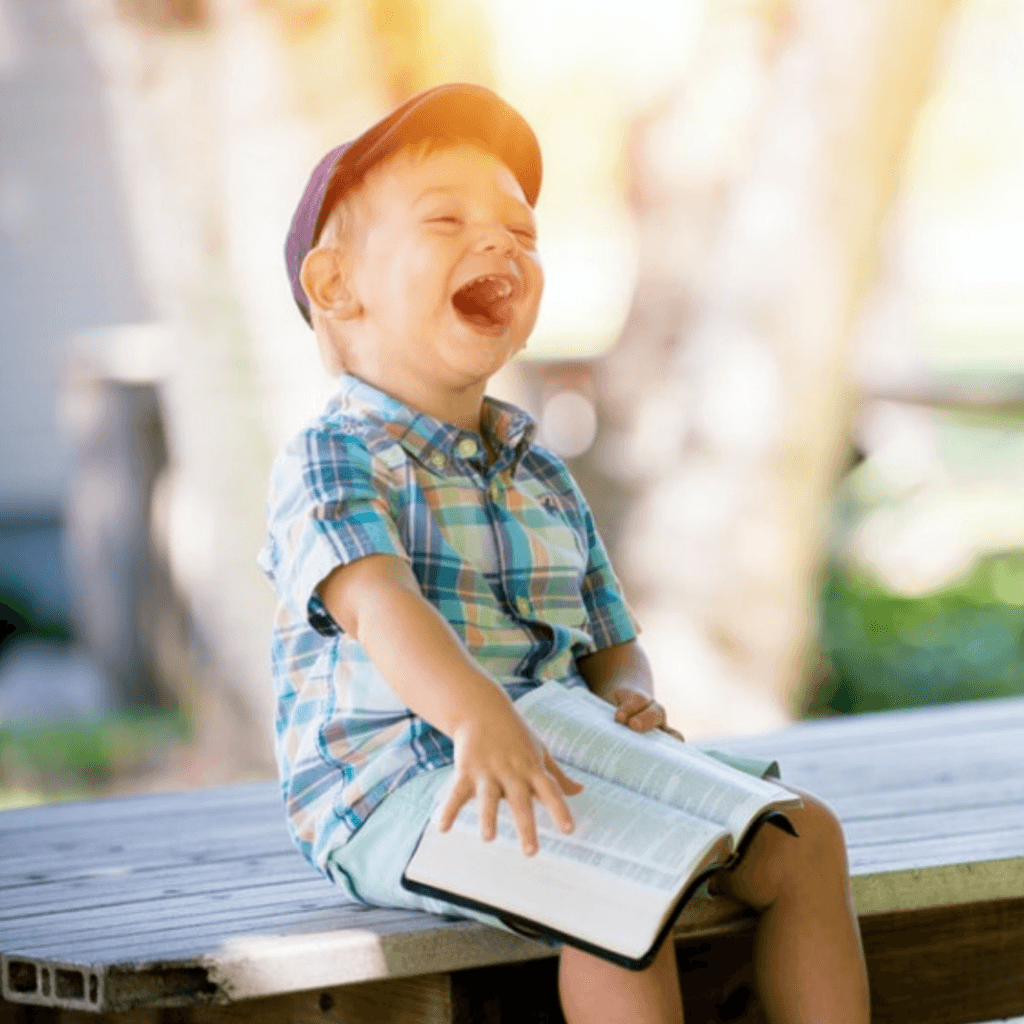
Communication is beyond using words or speech. It is how we get our message across. A baby cries to communicate discomfort, hunger or needing attention. When children learn to communicate, they will pick up listening, paying attention, speaking and understanding skills. The ability to communicate builds the foundation of social skills. The ability to speak is a fine motor skill that could reflect a child’s cognitive development. Language skill is a tool for communication – it is a way we exchange messages with people.
What is communication? What is language?
Communication refers to how we exchange information, ideas or messages from one person to another. We use various methods to communicate such as pictures, sounds and speech. Children uses their behaviour to communicate, too. Language, on the other hand, is a tool we use to transfer our thoughts and feelings. Language is influenced by culture and environment in expressing our thoughts and feelings.
Why communication and language development important?
Communication and language skills are important in a child’s development. Research shows that children who are able to express and communicate has high correlation to academic success and community living. Both skills support child’s development in other areas of learning such as reading and writing, forming relationships, self-esteem and confidence.
What can you do to support your child’s communication and language development?
To support your child’s development in the area of communication and language, you can help in strengthening of your child’s listening and attention paying skills, understanding and expressive communication.
Modelling
Children learn best by modelling people around them. Therefore, parents and caregivers of children need to be aware of their own method of communicating and language speaking. Speak to your child regularly. Describe the activity you are doing or even tools and things that you see to your child. It helps your child to build vocabulary as well as building listening and paying attention skills.

Pause
Pause and speak in short sentences. Once your child shows an interest to communicate, provide them opportunities to speak and communicate. Younger children communicate more with pictures and gestures. As their language and ability to speak increases, they will be able to use more words and expressive language.
Read

Read to your child. Books are one of the best tools to build communication and language development. Start from picture books and move towards higher level books as your child’s language skill develops. Time spent with your child reading also provides opportunity to communicate with your child.
Explore
Explore their interest such as their favourite books, toys and activities. Be involved in their interest, create conversations, share your personal stories and values you would like your child to earn. It is also a good time to share appropriate behaviour that you would like your child to exhibit. We speak a lot more on topics of our own interest.
Singing and Dancing
Singing and dancing are great activities to involve your child. Get them active and learn rhymes, beats, balance and control of their body movement. They get to explore various body movement that will also communicate their thoughts and feelings.
Conclusion
Building your child’s communication and language skill is essential to help them grow and navigate their life in this world. Track your child’s communication and language development skill by using the CDC checklist. The more your child can communicate using language, he / she will exhibit less disruptive behavior as they have a better avenue to express and communicate their thoughts and feelings.